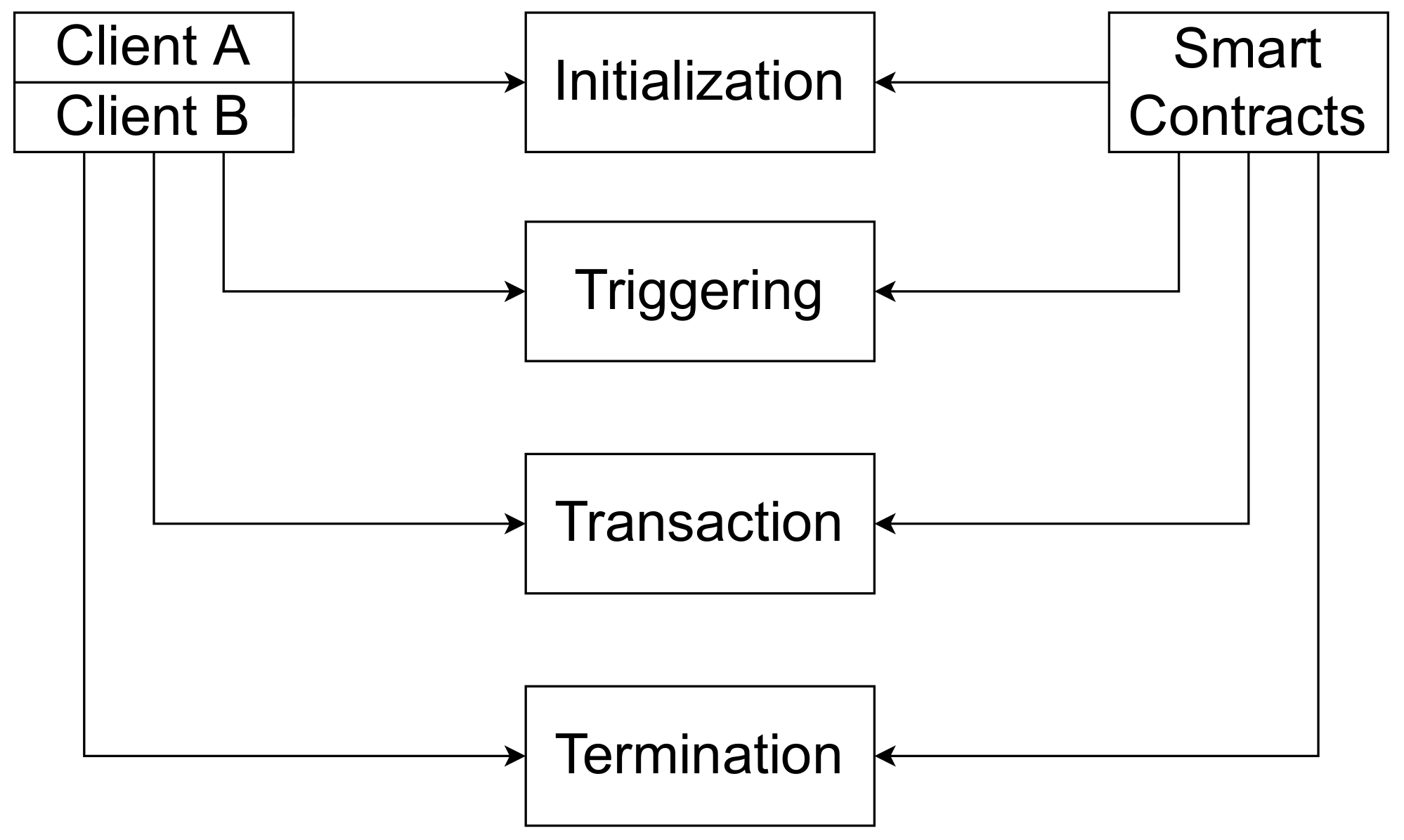Brett Rickaby's Insightful Corner
Exploring the world through news, tips, and intriguing stories.
Smart Contracts: Are They Keeping Score or Playing Foul?
Discover the truth behind smart contracts. Are they the ultimate game-changer or a hidden pitfall in the digital arena? Click to find out!
Understanding Smart Contracts: The Rules of the Game
Smart contracts are self-executing agreements with the terms of the contract directly written into code. These digital contracts run on blockchain technology, ensuring that they are immutable, transparent, and secure. By using smart contracts, parties can automate processes and reduce the need for intermediaries, leading to faster transactions and lower costs. For example, in the realm of real estate, smart contracts can streamline the buying and selling process by automatically transferring ownership once certain conditions are met.
Understanding the rules of the game is crucial when dealing with smart contracts. First, both parties must agree on the terms coded into the contract to ensure that they reflect the intentions of all involved. Additionally, smart contracts rely on external data to execute certain conditions, often obtained through oracles. This dependence on external data sources can introduce vulnerabilities, emphasizing the need for robust coding and security practices. By grasping these concepts, individuals and businesses can leverage smart contracts effectively, paving the way for innovation in various sectors.

Counter-Strike is a highly popular first-person shooter game that emphasizes teamwork and strategy. Players can choose to join either the terrorist or counter-terrorist team, engaging in various game modes that test their skills and precision. For gamers looking to enhance their experience, using a bc.game promo code can provide exciting bonuses and rewards.
Are Smart Contracts the Future of Fair Play in Transactions?
In an increasingly digital world, smart contracts are emerging as a transformative technology poised to reshape how transactions are conducted. These self-executing contracts, with the terms of the agreement directly written into code, offer unparalleled transparency and security. By automating processes and eliminating the need for intermediaries, smart contracts can significantly reduce transaction costs and enhance efficiency. Moreover, their decentralized nature ensures that once a contract is deployed, it cannot be altered, fostering trust among parties involved in a transaction.
As we move toward a future where decentralized finance (DeFi) and blockchain technology become more mainstream, the implementation of smart contracts could very well pave the way for a new era of fair play in transactions. For instance, in industries plagued by fraud and disputes, such as real estate and supply chain management, the adoption of smart contracts can provide an equitable solution, as the terms are transparently verified on the blockchain. Ultimately, the increasing reliance on these digital agreements highlights their potential to create a more trustworthy, fair, and efficient transactional landscape.
Smart Contracts vs. Traditional Contracts: Who's Keeping Score?
Smart contracts and traditional contracts serve the same fundamental purpose of establishing agreements between parties, but they do so in markedly different ways. Traditional contracts are often lengthy, legally binding documents that must be signed and notarized to be enforceable. In contrast, smart contracts are self-executing contracts with the terms of the agreement directly written into code on a blockchain. This innovative technology automates contract execution, minimizing the need for intermediaries like lawyers or notaries, and significantly accelerating the process. However, while traditional contracts have the advantage of being tested in court systems around the world, smart contracts are still navigating the complexities of legal acceptance and regulatory frameworks.
The question of who's keeping score between these two types of contracts comes down to the evaluation of trust and transparency. Traditional contracts rely on a legal system that enforces compliance and resolves disputes, often leading to prolonged legal battles. Meanwhile, smart contracts use blockchain technology, which ensures that transactions are immutable and recorded in a transparent manner. This could lead to reduced chances of fraud and faster resolution of disputes. However, issues such as coding errors or unclear terms in smart contracts highlight potential risks, making it essential for stakeholders to understand both models as they transition into an increasingly digital future.